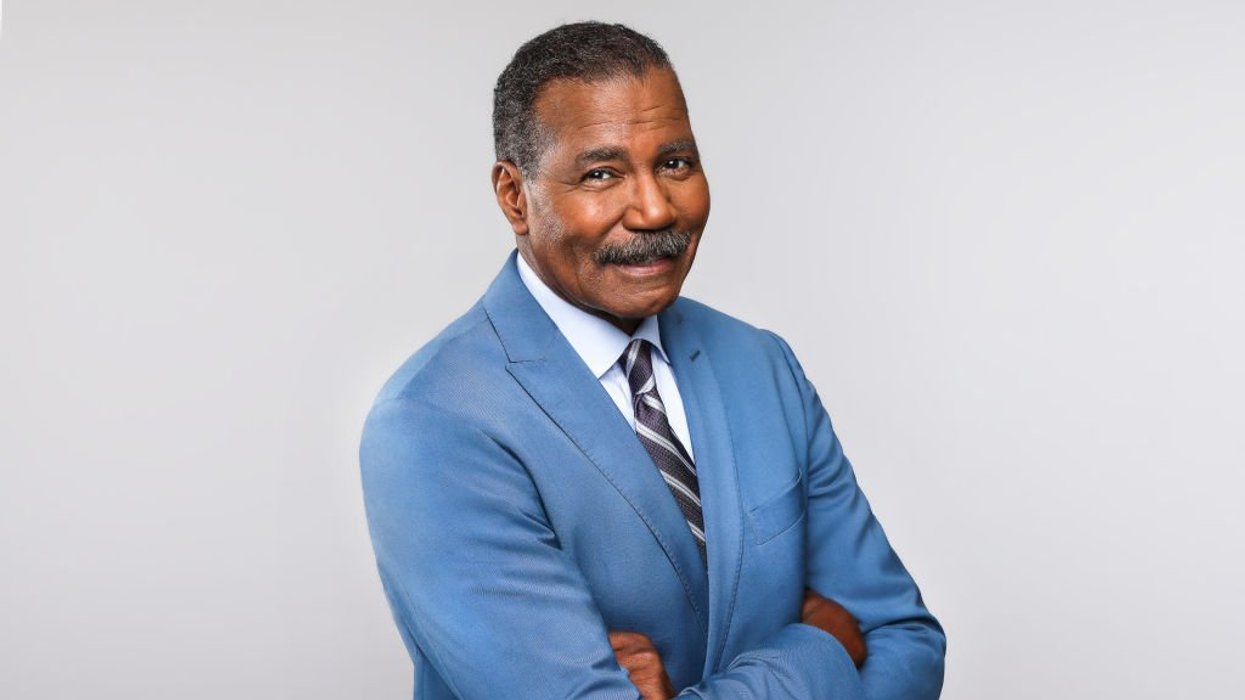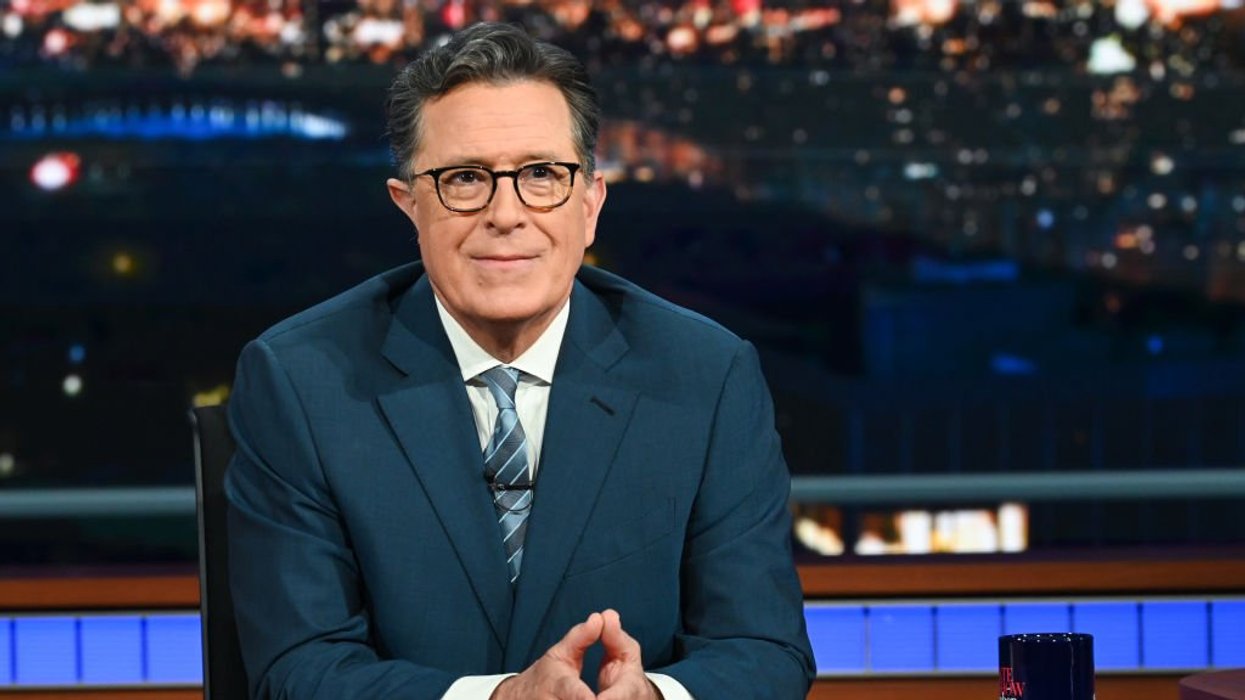Kamala Harris has been making her rounds on talk shows and podcasts in order to increase her poor recognition amongst voters, but all we're hearing is more of the same.
Just in the past few days, Harris has appeared on "60 Minutes" and the popular podcast "Call Her Daddy" to help Americans get to know her. But instead of bold answers to hard-hitting questions, Harris delivered rambling responses to soft-ball questions and squirmed her way out of the few tough questions thrown at her. Overall, it is unlikely that any voter who tuned in to get a solid grasp on Harris's policies was left with a better understanding after either one of her interviews.
Below is a summary of Harris's most recent interviews:
"Call Her Daddy" podcast

Antony Jones / Stringer | Getty Images
Despite this podcast's unsavory name, it consistently ranks among the most popular podcasts in the world, right up there with Joe Rogan's show, and is especially popular among women. Shortly after releasing the interview with Harris, Alex Cooper, the host of the podcast, received backlash for her extremely soft treatment of the presidential nominee. After watching the interview, it's not hard to see how that impression might have come across.
The interview consisted of several surface-level, gimme-type, questions on common Democrat talking points. Harris said she was—surprise—pro-choice. Who would have thought? She also expressed her desire to dump taxpayer money into student loan forgiveness along with other government "aid" programs, which is pretty standard amongst the Left. Overall, nothing new was revealed.
The rest of the interview was little more than gossip. Cooper and Harris chatted about a comment made by Governor Sarah Huckabee Sanders and the "at ladies" comment made by J.D. Vance. This was not the deep dive on Harris that voters wanted.
60 Minutes

CBS Photo Archive / Contributor | Getty Images
On Monday, October 8th, Harris sat down with CBS's Bill Whitaker for an interview on 60 Minutes. While Whitaker defiantly upped the ante in comparison to "Call Her Daddy," Harris still managed to dodge several questions. When asked about foreign policy, Harris parroted the same tired schtick we've heard for the past four years, which clearly hasn't worked. Like Biden before her, she called for an end to the Israel-Hamas war, primarily out of concern for the Palestinians, while simultaneously maintaining Israel's right to self-defense.
Harris also deflected Biden's failure at the Southern Border onto the House Republicans, citing a single instance where a border security bill failed to pass. Even Whitaker pointed out the obvious: The Biden-Harris administration has had four years to solve the problem, and the blame does not fall on this single instance. Harris didn't waver, and doubled down on her excuse, again blaming Congress.
Harris went on to repeatedly dodge questions about her three trillion-dollar economic plan and offered little explanation of what might be included in such a plan, or how it will be paid for. These interviews have repeatedly failed to define Harris or her platform in any meaningful way, though they were successful in concealing just how radical of a candidate she actually is. She is still just a vaguely left-wing, Joe Biden replacement in the eyes of many voters, which might be the best she can do.
The Howard Stern Show

Kevin Mazur / Contributor | Getty Images
In her recent interview on The Howard Stern Show, Harris once again demonstrated her signature combination of evasiveness and unreliable platitudes. Rather than offering substantive answers to Stern’s pointed questions, Harris deflected with awkward humor and vague talking points, sidestepping any real discussion on critical issues like the border crisis or inflation. Her attempt to portray herself as relatable felt painfully out of touch, especially when she pivoted the conversation to her fondness for music and cooking.
Harris’s inability to confront pressing national concerns only highlights her growing reputation for evading accountability during her term in the Biden administration. Stern, typically known for drawing candid responses from guests, seemed unable to penetrate the wall of superficiality that Harris maintained throughout the conversation.
"The Late Show" with Stephen Colbert

CBS Photo Archive / Contributor | Getty Images
We saw a similar performance from Harris on Stephen Colbert's "The Late Show." Colbert teed her up for questions about inflation, the southern border crisis, and the administration’s plunging approval ratings, but Harris stuck to her well-worn script of platitudes and vague promises. Instead of addressing the economic pain felt by millions, she laughed nervously through softball questions, leaving viewers with nothing but empty rhetoric about “working together” and “finding solutions,” while the country watches the consequences of ineffective leadership.
Moreover, when Colbert pressed her on issues like the administration's immigration policies or lack of legislative victories, Harris deflected with hollow talking points, refusing to engage in any serious reflection or accountability. Her awkward attempts at humor felt like a shield against real criticism, confirming the impression that she remains detached from the gravity of the crises unfolding under her watch.


 Bloomberg / Contributor | Getty Images
Bloomberg / Contributor | Getty Images


